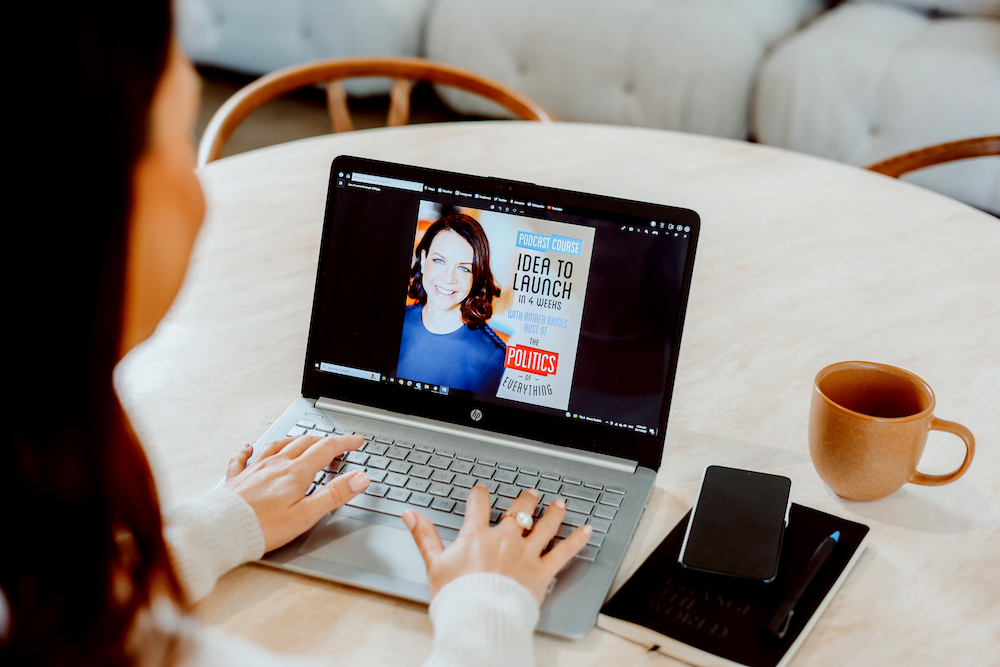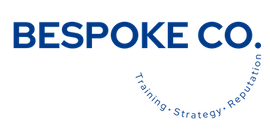Amber's Blog
Expert Ideas, Tools & Musings

Why getting media training isn’t all about being “on message”
Amber Daines | 26 June, 2023Media training is an essential tool in public relations because it’s a highly effective way to prepare people for a successful media appearance, especially if they are new to media, facing a media storm (aka crisis), or are seasoned at the media interview game but have a new or evolved idea to share. It helps interviewees develop their confidence in live public speaking, nudges their general communication skills, and assists leaders in communicating their message to an audience in an impactful way.
However, the best media interviews address the question being asked with brevity, and clarity, give some specifics, have a clear point, and are more than a marketing tagline.
Here are my pointers to be the rock star type of media talent that gets called back repeatedly by journalists.
- Why invest in media skills? Media training is designed to help you effectively communicate with the media in various situations. Prioritise the importance of media training and its impact on your PR campaign and brand.
- Know your end game: Determine your specific objectives for media training. Are you preparing for a particular interview or press conference? Do you want to improve your overall media communication skills? Defining your goals will help you tailor your training accordingly.
- Find a Qualified Media Trainer: Look for a recommended, professional media trainer or a communications expert with experience in media relations. Consider their credentials, expertise, and reputation. They should have a thorough understanding of media dynamics and be able to provide practical guidance in a session.
- Understand the Media Landscape: Familiarize yourself with different forms of media, such as print, television, radio, and online platforms. Understand their unique requirements, audience, and communication styles. Stay updated on current events and media trends to be well-informed during interviews.
- Craft Key Messages: Identify the critical media and newsworthy messages you want to convey during media interactions. These should be clear, concise, and aligned with your communication goals. Prepare a few key talking points to reinforce your messages.
- Practice Message Delivery: Work on delivering your key messages confidently and concisely. Practice speaking in a way that is easily understood by a wide range of audiences. Consider using real-life scenarios or mock interviews to simulate media interactions.
- Handle Difficult Questions: Anticipate challenging or sensitive questions that might arise during media engagements. Prepare appropriate responses that address the concerns while still conveying your key messages. Practice staying calm and composed under pressure.
- Non-Verbal Communication: Pay attention to your body language, facial expressions, and tone of voice. Practice maintaining eye contact, using open and confident gestures, and speaking clearly and articulately. Non-verbal cues can significantly impact how your message is received.
- Enhance Interview Skills: Develop skills for various types of interviews, such as one-on-one interviews, panel discussions, or live broadcasts. Learn techniques to bridge back to your key messages and effectively answer questions while staying on track.
- Review and Refine: Regularly review your media engagements (TV and radio clips etc.) and seek feedback from your media trainer or colleagues. Be honest about what worked well and what could be improved. Continuous refinement and practice are vital to becoming more comfortable and effective in media interactions.
Remember, media training is ongoing, and refining your skills over time is essential. With the proper training, practice, and experience, you can become more confident in front of the media faster.
If getting 1:1 media training is one of your personal or professional goals, secure my EOFY offer before 30 June 2023. Save 50% off my usual 1:1 online training price – $1000 down to $500. Go to this link: 1:1 Online Training Package Exclusive Offer. Password: EOFY23
